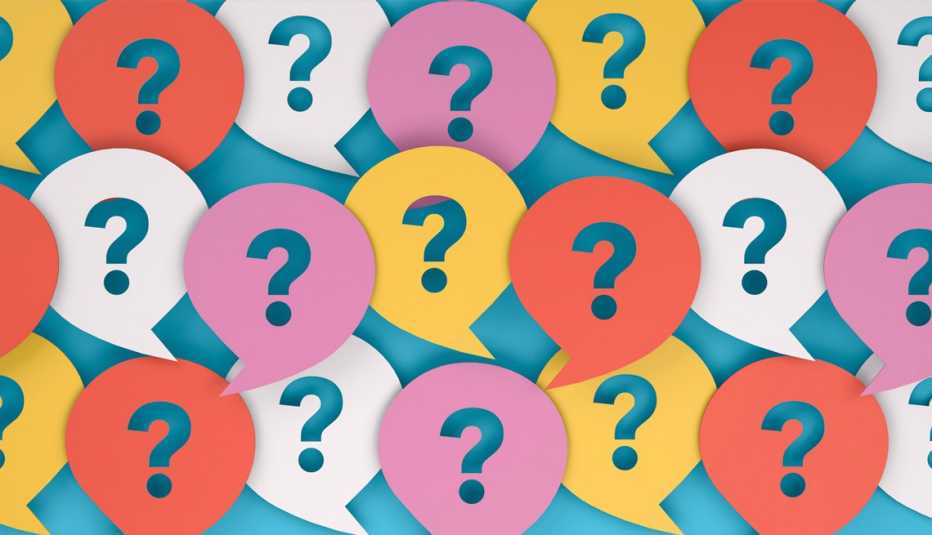
In classrooms, students are often encouraged to find the right answers. But what if the real key to learning lies in asking the right questions? Curiosity is the starting point of understanding, and the ability to ask thoughtful questions is one of the most valuable skills a student can develop.
When students ask questions, they move beyond memorising facts and start thinking critically. A question like “Why does this work?” or “What would happen if we changed this?” encourages deeper reasoning and exploration. These kinds of questions lead to genuine understanding, not just surface-level recall. For example, in science, asking why a certain reaction happens helps students grasp the underlying principles instead of simply repeating equations. In English, questioning a character’s choices invites richer interpretation and stronger essay writing.
Encouraging questions also builds confidence. Many students hesitate to ask for fear of being wrong, yet those who speak up tend to learn more. Each question is an opportunity to clarify confusion, strengthen understanding and think independently. Tutors and teachers can nurture this by creating a space where curiosity is valued and mistakes are seen as part of discovery.
Parents can do the same at home by engaging children in open-ended conversations. Instead of asking, “Did you finish your homework?” try, “What was the most interesting thing you learned today?” or “Is there something you still don’t quite understand?” These questions invite reflection and keep curiosity alive.
When students learn to value questions as much as answers, they become more active learners. They stop viewing knowledge as something to be received and start seeing it as something to explore. The best thinkers in every field began not with certainty, but with curiosity—and the courage to ask why.
Freddie Le Vay

